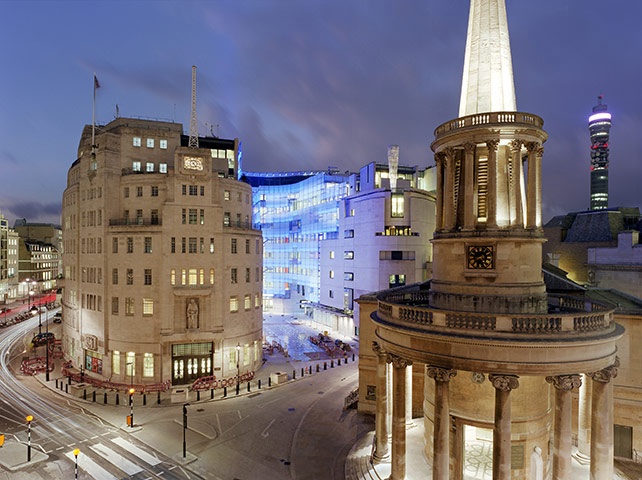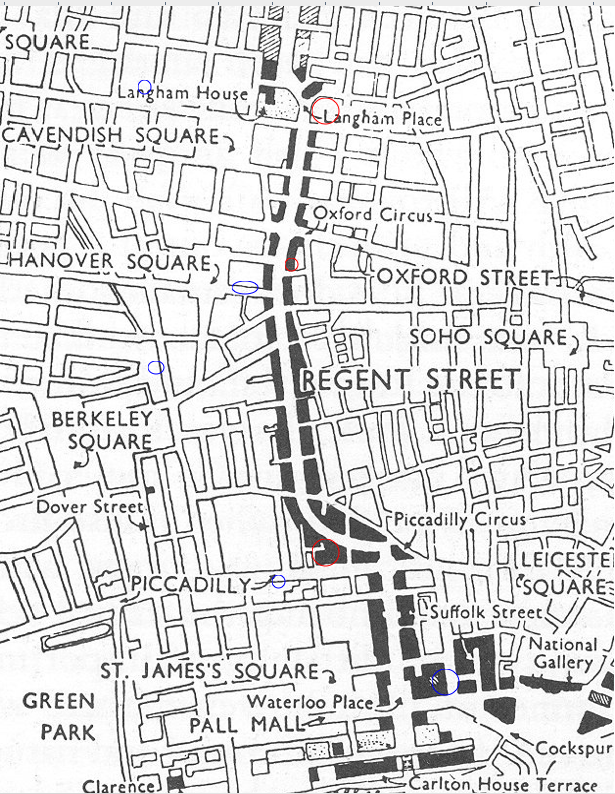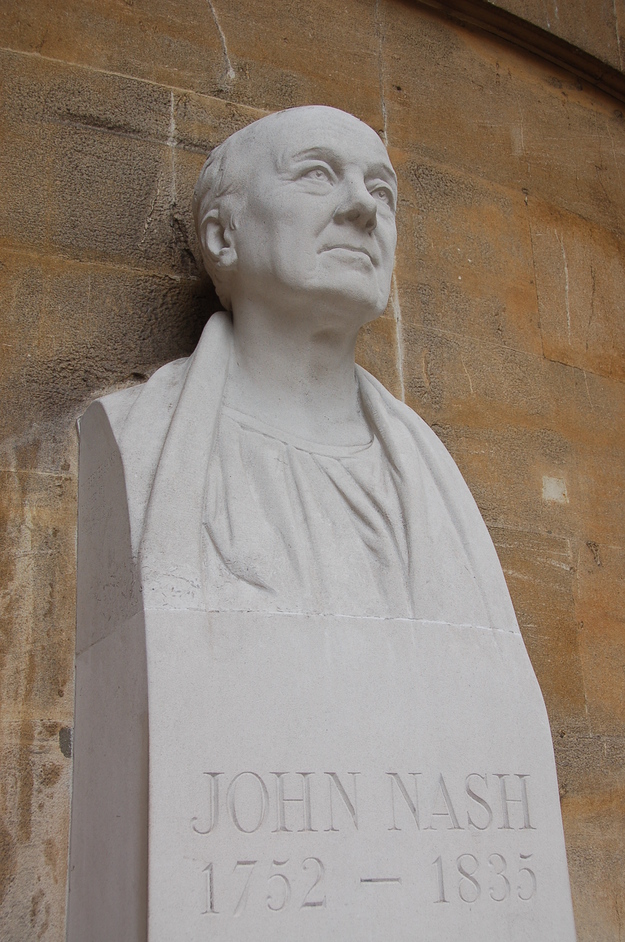Street music
Street Music: 200 Years of Musical Enterprise and Achievement in Regent Street, 1813-2013. An open Study Day at the Institute of Historical Research, University of London, 9 May 2011, supported by the IHR and the Royal Philharmonic Society
This specially extended session of the IHR's 'Music in Britain' social history seminar looked at music’s important but largely unrecognized role in the development of Regent Street, from the area’s early 19th-century remodelling by John Nash, including his building of All Souls Langham Place and his links with the Philharmonic Society (founded 1813, now the RPS), to the 21st-century renovation of BBC Broadcasting House.
Opera, orchestral music and chamber concerts generated a high-cultural identity for the Street from the start, while dozens of inter-related music businesses and performing institutions aided the growth of professional networks, drew international acclaim, and fostered public consumption and understanding of music over the 19th and early 20th centuries. Although decades of change have since diffused any music identity for the Street, the causes and outcomes are instructive. Six invited guest speakers were joined by regular seminar members to take the long view and consider the implications for future music developments in Britain.
Speakers included Geoffrey Tyack, Nicolas Bell, Daniel Snowman, Christina Bashford, Lewis Foreman, Simon McVeigh, Mark Hines and John Gilhooly.
Besides organizing the day, I gave a short talk entitled 'Audiences and Orchestral Transitions: Argyll Rooms, St James's Hall, Queen’s Hall'. Teasing out patterns in the 130-year timespan represented by these three halls, all located in Regent Street, I explored continuities and discontinuities in the London orchestral market that are not otherwise obvious from separate institutional histories.
'an absolute triumph - terrific'
Lewis Foreman, music historian and lecturer
'a fascinating and rewarding study day, one of the best ever'
David Wright, social historian of music
 Langley
Langley


